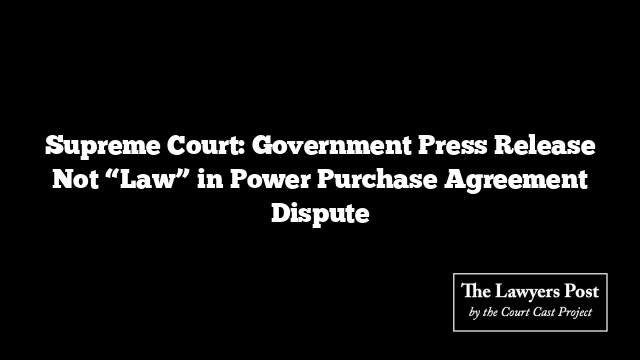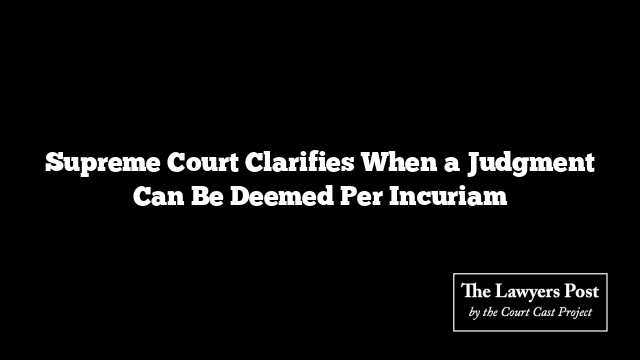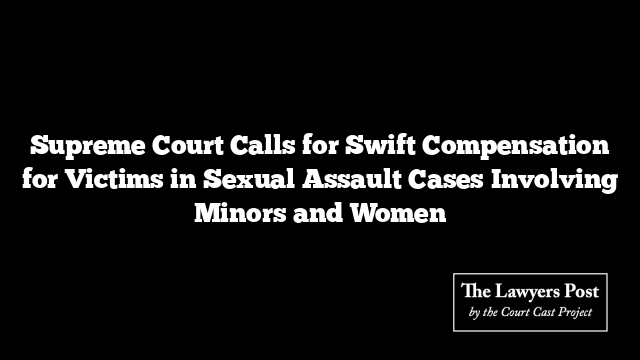In a recent ruling, the Supreme Court clarified that a government press release does not constitute “law” under a Power Purchase Agreement (PPA). The decision arose from a dispute involving Nabha Power Limited (NPL) and Punjab State Power Corporation Limited (PSPCL), where NPL contended that a 2009 press release from India’s Press Information Bureau, which outlined changes to the Mega Power Policy, should qualify as a “change in law” under their PPA.
NPL argued that the press release, issued on October 1, 2009, signaled modifications in the mega power benefits, including customs duty exemptions, which influenced its bid submission for a Punjab power project. PSPCL, however, argued that the release was only a preliminary announcement. They pointed out that the formal amendments occurred later in December 2009 when the government officially modified the Customs Act, thereby legally implementing the policy change.
The Supreme Court sided with PSPCL, ruling that the press release did not meet the PPA’s “change in law” requirements. It stated that the press release was merely an outline of future proposals and conditions, lacking the force of law. According to the Court, only formal notifications, like those issued in December 2009, legally enforce policy amendments under the Customs Act.
The bench, comprising Justices B.R. Gavai, P.K. Mishra, and K.V. Viswanathan, underscored that for a government action to be considered a change in law under the PPA, it must be implemented through a formal process, as specified in the Customs Act. They dismissed NPL’s argument based on promissory estoppel, emphasizing that PSPCL was not a promisor and thus not obligated by any preliminary proposals in the press release.
Ultimately, the Supreme Court affirmed the rulings of both the Punjab Commission and the Appellate Tribunal for Electricity, deciding that any benefits derived from the Mega Power Policy’s formal amendments after the bid deadline would be passed on to PSPCL and, by extension, to Punjab’s consumers. This landmark interpretation underscores the judiciary’s stance on the binding nature of governmental releases in legal agreements, particularly in the energy sector.





